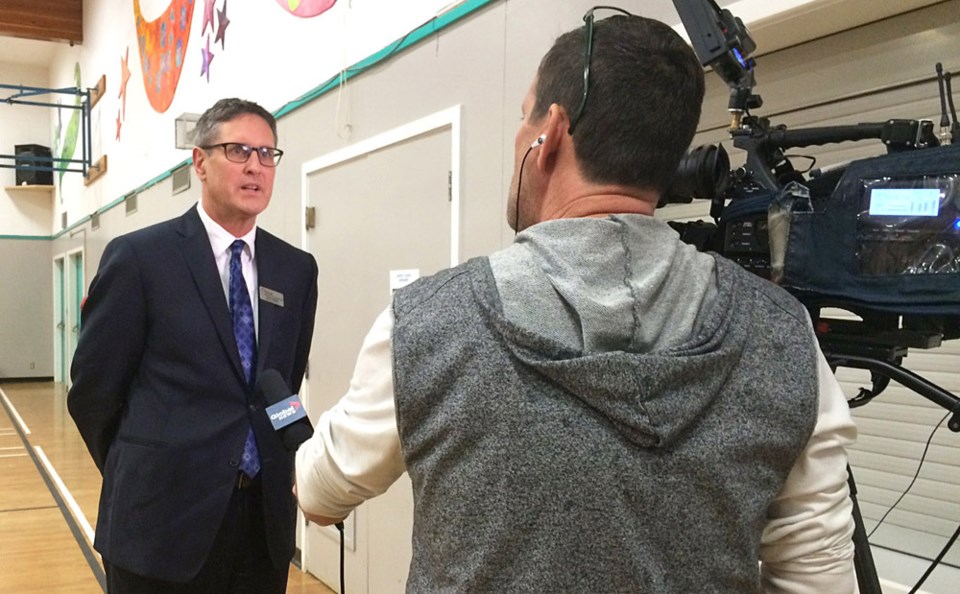Only a handful of Syrian families have made Burnaby home, despite initial estimates the city would welcome more than 500 refugees.
According to the Immigrant Services Society of B.C., 15 Syrian families (43 people in total) have settled in Burnaby.
The numbers reflects the lack of affordable housing for large families, according to the society’s executive director Chris Friesen.
“What we’ve come up against is that we have larger than expected families. Sometimes five or six members or up to 13,” he said.
Friesen can’t say exactly how many refugees will settle in Burnaby, but the vacancy rate for the region is around one per cent, making it extremely difficult to find housing.
“There’s no target per city,” Friesen said. “It’s all responsive to securing permanent housing.”
Lack of affordable housing has meant some families have been sent as far as Maple Ridge. By Feb. 22, some families will be sent to Abbotsford, Friesen said.
In all, 1,053 government-assisted Syrian refugees (comprising 231 families) have come to B.C. since November, and nearly three-quarters (738) are living in temporary housing. The society has found permanent housing for only 315 individuals or 80 families. Surrey and Coquitlam are the top settlement cities, taking most of the refugees, while Burnaby ranks third.
Friesen now estimates that B.C. will take a total of 2,000 Syrian refugees by Feb. 29, which is the federal government’s deadline to settle 25,000 Syrians.
“They are determined to meet the 25,000 target by the end of February, and what we’re trying to figure out on the ground here is what settlement and language funding is going to be provided over the next fiscal year,” Friesen said.



